How Often To Get A Colonoscopy
How Often To Get A Colonoscopy: Your Ultimate Guide to Screening Schedules
If you've hit your late 40s or early 50s, chances are you've heard the phrase "colonoscopy." Maybe you're dreading the prep, or maybe you're just confused about the schedule. It's a common question we hear: just How Often To Get A Colonoscopy?
The truth is, there isn't one simple answer that fits everyone. The frequency of your screening depends heavily on your personal health history, family background, and the results of your last procedure.
Don't worry, navigating your screening timeline is easier than you think. We're here to break down the standard guidelines and explain when you might need to speed up (or slow down) that screening schedule.
Why Colonoscopies Matter: Understanding the Basics
First things first, why do doctors keep emphasizing this procedure? Essentially, the colonoscopy is the gold standard for preventing colorectal cancer, which is the third most common cancer diagnosed in the United States.
Unlike many screening tests that just look for signs of existing disease, a colonoscopy is both diagnostic and preventative. It allows your doctor to look directly inside your large intestine for precancerous growths called polyps.
When polyps are found, they can be immediately removed during the procedure. This is key: removing a polyp prevents it from ever turning into cancer, potentially saving your life years down the road.
The Standard Guideline: When Do Most People Need Screening?
For the average person, the general recommendation for starting colorectal cancer screening has shifted slightly in recent years. Historically, the age was 50, but guidelines now often suggest starting earlier.
Generally speaking, if you have no family history of colorectal cancer, no symptoms, and no other risk factors, you are considered "average risk."
Screening Intervals for Average Risk Patients
If you fall into the average-risk category, you should begin discussing screening options with your physician by age 45.
If you opt for a colonoscopy as your primary screening tool, and the results come back completely normal—meaning no polyps or concerning findings—your next appointment will likely be scheduled far in the future.
Here is the standard frequency for average-risk individuals with normal results:
- Start Age: Recommended starting age is 45 (or 50, depending on specific insurer or physician recommendation).
- Frequency: Every 10 years.
- Duration: Screening typically continues until age 75. After that, the decision is based on life expectancy and prior results.
That 10-year window is possible because most polyps take a very long time—often 5 to 10 years—to develop into invasive cancer. If your colon is completely clear, you are safe to wait a full decade before needing another procedure.
Adjusting the Schedule: High-Risk Factors
Now, let's talk about those situations that require more frequent attention. If you have specific risk factors, your doctor will want you to start screening earlier and repeat the procedure more often than every 10 years.
This customized approach is crucial for catching potential issues when they are small and easy to treat. If you have any of the following factors, the answer to how often to get a colonoscopy changes significantly.
Personal History of Polyps or Cancer
If you've had polyps removed in the past, your risk is higher because it shows your body tends to form these growths. The type, size, and number of polyps dictate your follow-up schedule.
For instance, if your doctor finds only one or two small, non-advanced adenomas, they might recommend repeating the colonoscopy in 5 to 7 years. If advanced or multiple polyps are found, you may need a repeat screening in as little as 3 years.
Family History Matters
Genetics play a huge role in colorectal cancer risk. If you have a close relative (parent, sibling, or child) who had colon cancer or advanced polyps, you are immediately bumped into the high-risk category.
If a first-degree relative was diagnosed before age 60, you should start screening 10 years earlier than their diagnosis age, or at age 40, whichever comes first. This means if your dad was diagnosed at 48, you need your first colonoscopy at 38.
Specific Genetic Syndromes
Certain inherited conditions drastically increase your risk and require extremely aggressive screening schedules. These include Familial Adenomatous Polyposis (FAP) and Lynch Syndrome (HNPCC).
Patients with FAP often begin screening in their teenage years and may require procedures annually. Those with Lynch Syndrome usually start screening between ages 20 and 25, requiring colonoscopies every one to two years. If these syndromes run in your family, genetic counseling is essential.
Post-Colonoscopy Results: Determining Your Next Appointment
The time interval until your next procedure, known as the surveillance interval, is perhaps the most important detail to understand. This interval is determined by the pathology report on any removed polyps.
A gastroenterologist uses established guidelines to determine when your next screening should take place. Here is a general breakdown of how results impact the timeline:
- Normal (No Polyps Found): Congratulations! If you are average risk and the prep was excellent, you usually return in 10 years.
- Small, Low-Risk Adenomas (1-2 non-advanced polyps): Your physician will likely recommend repeating the colonoscopy in 5 to 7 years. This slight reduction helps monitor your tendency to form polyps.
- Advanced Adenomas (3+ polyps, larger size, or high-grade features): Because you have a higher risk of recurrence, you will usually be asked to return in 3 years.
- Sessile Serrated Lesions (SSLs): These polyps can sometimes be harder to see and have a unique pathway to cancer. Depending on their size and location, follow-up is typically recommended in 3 to 5 years.
It is vital that you adhere to the specific timeframe given by your specialist. Do not assume you can wait the standard 10 years if you had polyps removed!
Conclusion: The Best Answer to How Often To Get A Colonoscopy
Ultimately, the question of How Often To Get A Colonoscopy relies on customization and collaboration with your doctor. While the standard advice for an average-risk individual is once every 10 years starting around age 45, this rule quickly changes if polyps are found or if you have a significant family history.
If you fall into a higher-risk category due to family history, prior polyp findings, or inflammatory bowel disease, you must follow a much tighter schedule—sometimes every one to five years.
Remember that a colonoscopy is a powerful tool for prevention. Keeping track of your screening schedule is a simple, effective step you can take to maintain long-term health and peace of mind.
Frequently Asked Questions (FAQ)
- What if I refuse a colonoscopy? Are there alternatives?
- Yes, there are alternative screening methods like stool-based tests (FIT or Cologuard) or CT colonography (Virtual Colonoscopy). However, if these tests are positive, you will still need a full colonoscopy to confirm the findings and remove any polyps. The colonoscopy remains the only test that can both screen and prevent cancer in one go.
- Does having hemorrhoids or IBS affect how often I need a screening?
- Generally, common issues like hemorrhoids or Irritable Bowel Syndrome (IBS) do not change the frequency of screening for average-risk individuals. However, Inflammatory Bowel Disease (IBD, such as Crohn's or Ulcerative Colitis) significantly increases cancer risk and requires much more frequent screening (often every 1 to 2 years).
- If my first colonoscopy was clear at age 50, do I really have to wait 10 years?
- Yes, if you are average risk and your colonoscopy was performed adequately with excellent bowel prep, a 10-year interval is highly safe. Polyps that lead to cancer generally grow very slowly, and a clear finding provides strong protection for the decade ahead.
- When should I stop getting colonoscopies?
- Current guidelines suggest that screening can stop after age 75 for most individuals, especially if prior screenings have been clear. Between ages 75 and 85, the decision is individualized, based on your overall health, life expectancy, and prior screening history. Screening is generally not recommended after age 85.
How Often To Get A Colonoscopy
How Often To Get A Colonoscopy Wallpapers
Collection of how often to get a colonoscopy wallpapers for your desktop and mobile devices.

Beautiful How Often To Get A Colonoscopy Photo Illustration
Transform your screen with this vivid how often to get a colonoscopy artwork, a true masterpiece of digital design.
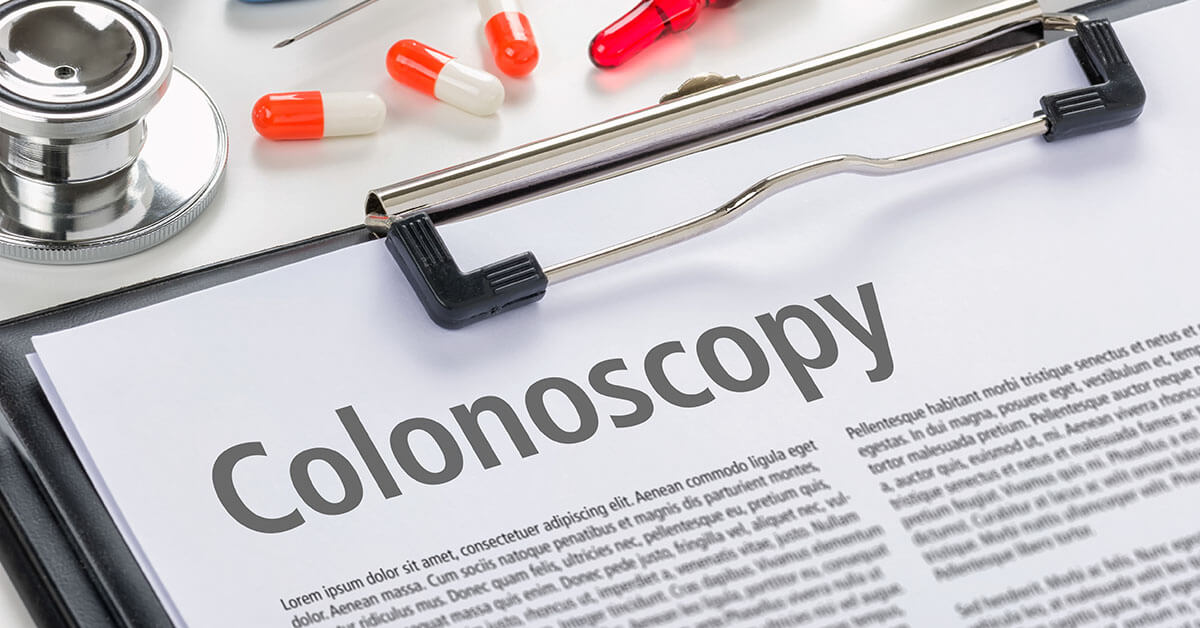
Vivid How Often To Get A Colonoscopy Background Photography
Explore this high-quality how often to get a colonoscopy image, perfect for enhancing your desktop or mobile wallpaper.
:max_bytes(150000):strip_icc()/RaoQHeadshot-96f4ad4a7f8644a98b57c12c580b0462.jpg)
High-Quality How Often To Get A Colonoscopy Image in 4K
Experience the crisp clarity of this stunning how often to get a colonoscopy image, available in high resolution for all your screens.
:max_bytes(150000):strip_icc()/how-often-should-you-get-a-colonoscopy-5206994_final-f5065304c77447078a902ebabadd3978.jpg)
Captivating How Often To Get A Colonoscopy Moment for Desktop
Immerse yourself in the stunning details of this beautiful how often to get a colonoscopy wallpaper, designed for a captivating visual experience.

High-Quality How Often To Get A Colonoscopy Capture for Your Screen
Transform your screen with this vivid how often to get a colonoscopy artwork, a true masterpiece of digital design.

Artistic How Often To Get A Colonoscopy Picture in 4K
This gorgeous how often to get a colonoscopy photo offers a breathtaking view, making it a perfect choice for your next wallpaper.

Dynamic How Often To Get A Colonoscopy Moment for Your Screen
Find inspiration with this unique how often to get a colonoscopy illustration, crafted to provide a fresh look for your background.

Artistic How Often To Get A Colonoscopy Photo in HD
This gorgeous how often to get a colonoscopy photo offers a breathtaking view, making it a perfect choice for your next wallpaper.
:max_bytes(150000):strip_icc()/4014117_color-5bb5325746e0fb0026d849e4.png)
Stunning How Often To Get A Colonoscopy View Digital Art
This gorgeous how often to get a colonoscopy photo offers a breathtaking view, making it a perfect choice for your next wallpaper.
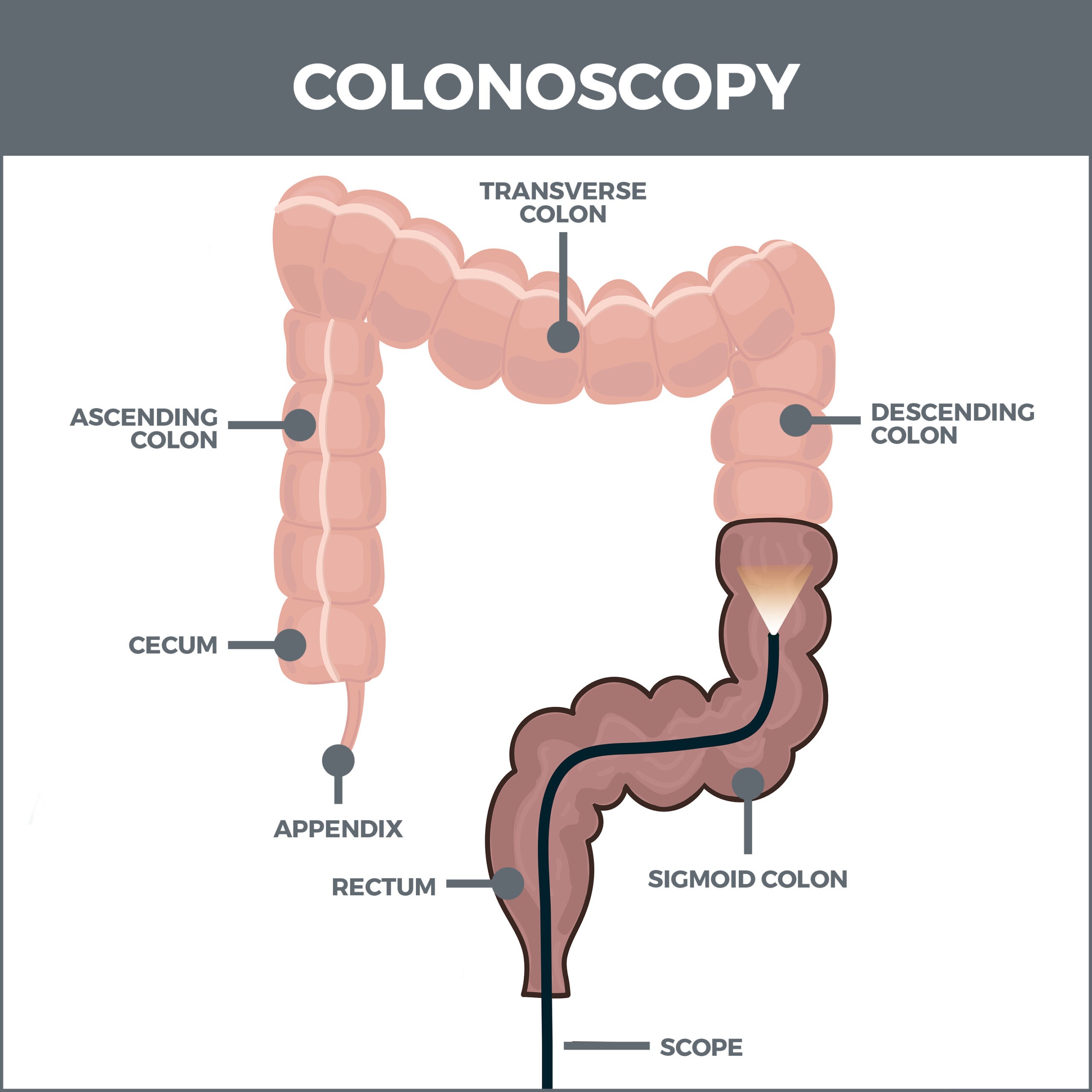
Spectacular How Often To Get A Colonoscopy View Art
A captivating how often to get a colonoscopy scene that brings tranquility and beauty to any device.

Spectacular How Often To Get A Colonoscopy Image in 4K
This gorgeous how often to get a colonoscopy photo offers a breathtaking view, making it a perfect choice for your next wallpaper.
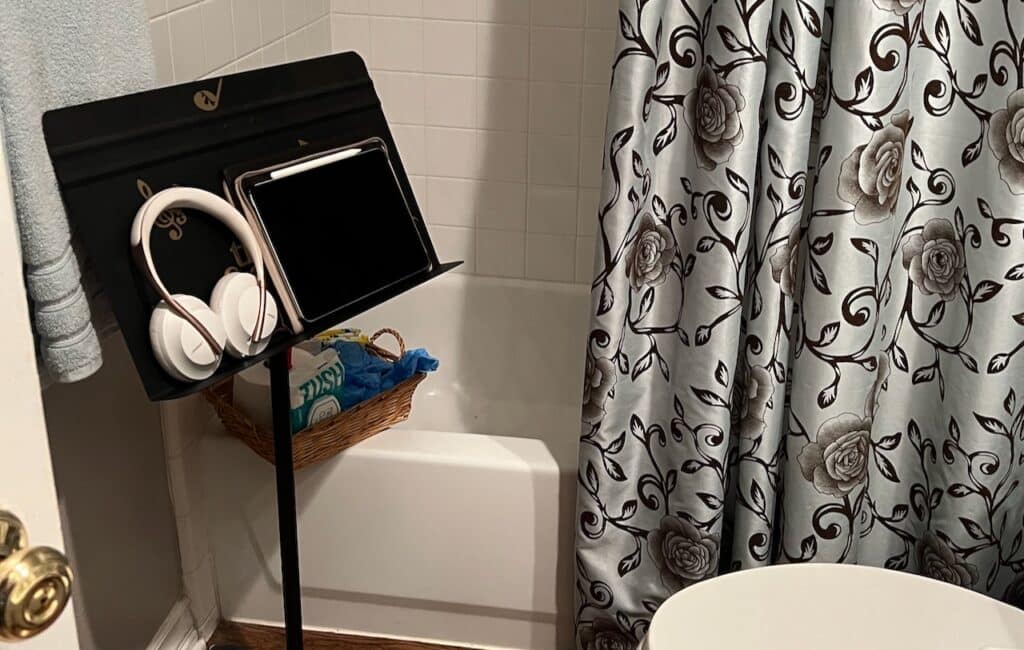
Detailed How Often To Get A Colonoscopy Moment Concept
Discover an amazing how often to get a colonoscopy background image, ideal for personalizing your devices with vibrant colors and intricate designs.
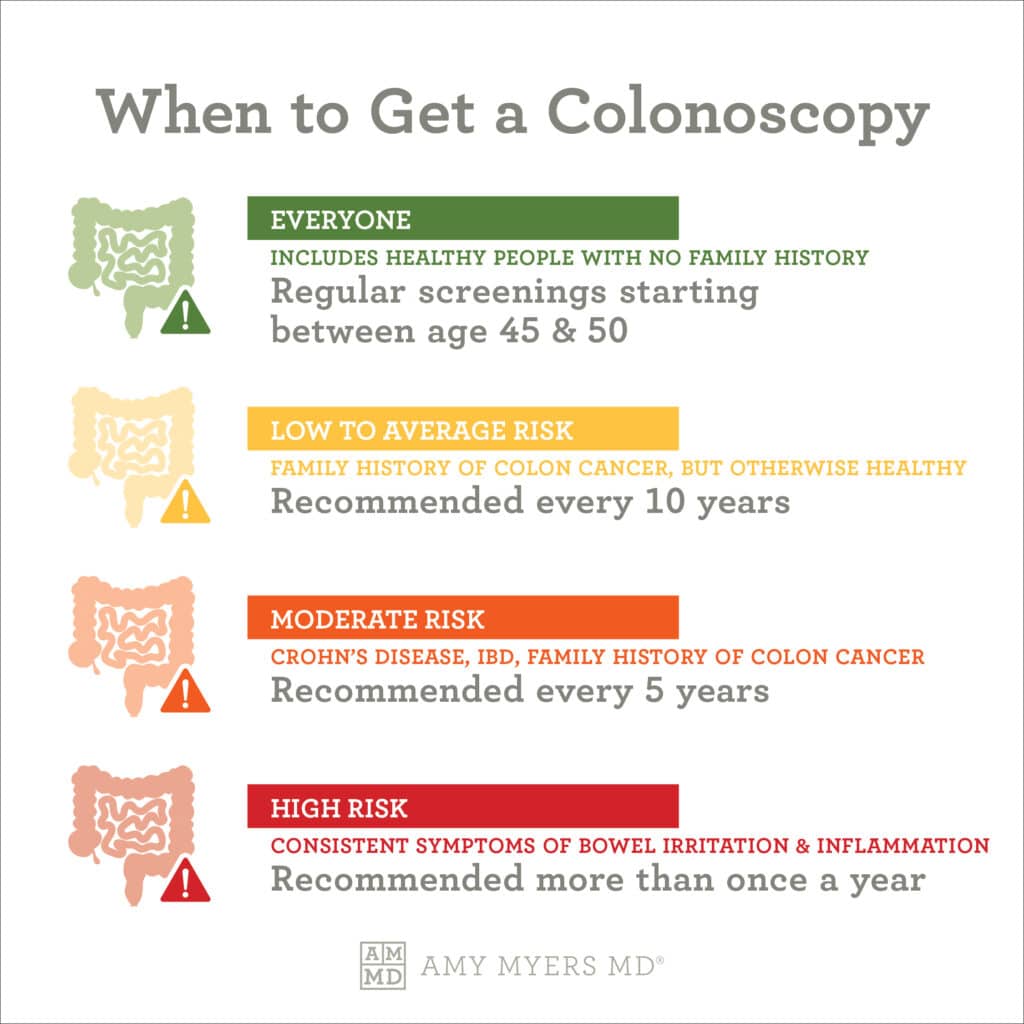
High-Quality How Often To Get A Colonoscopy View for Desktop
Transform your screen with this vivid how often to get a colonoscopy artwork, a true masterpiece of digital design.
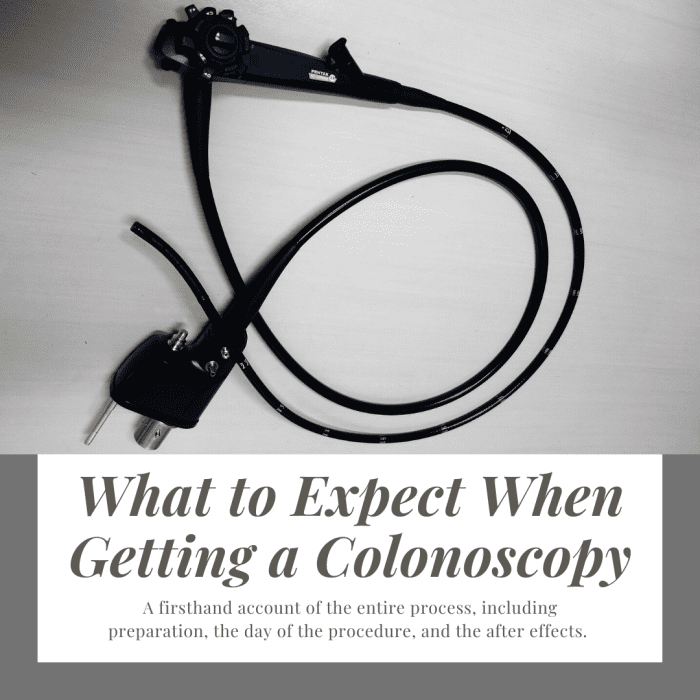
Lush How Often To Get A Colonoscopy Image in 4K
Find inspiration with this unique how often to get a colonoscopy illustration, crafted to provide a fresh look for your background.
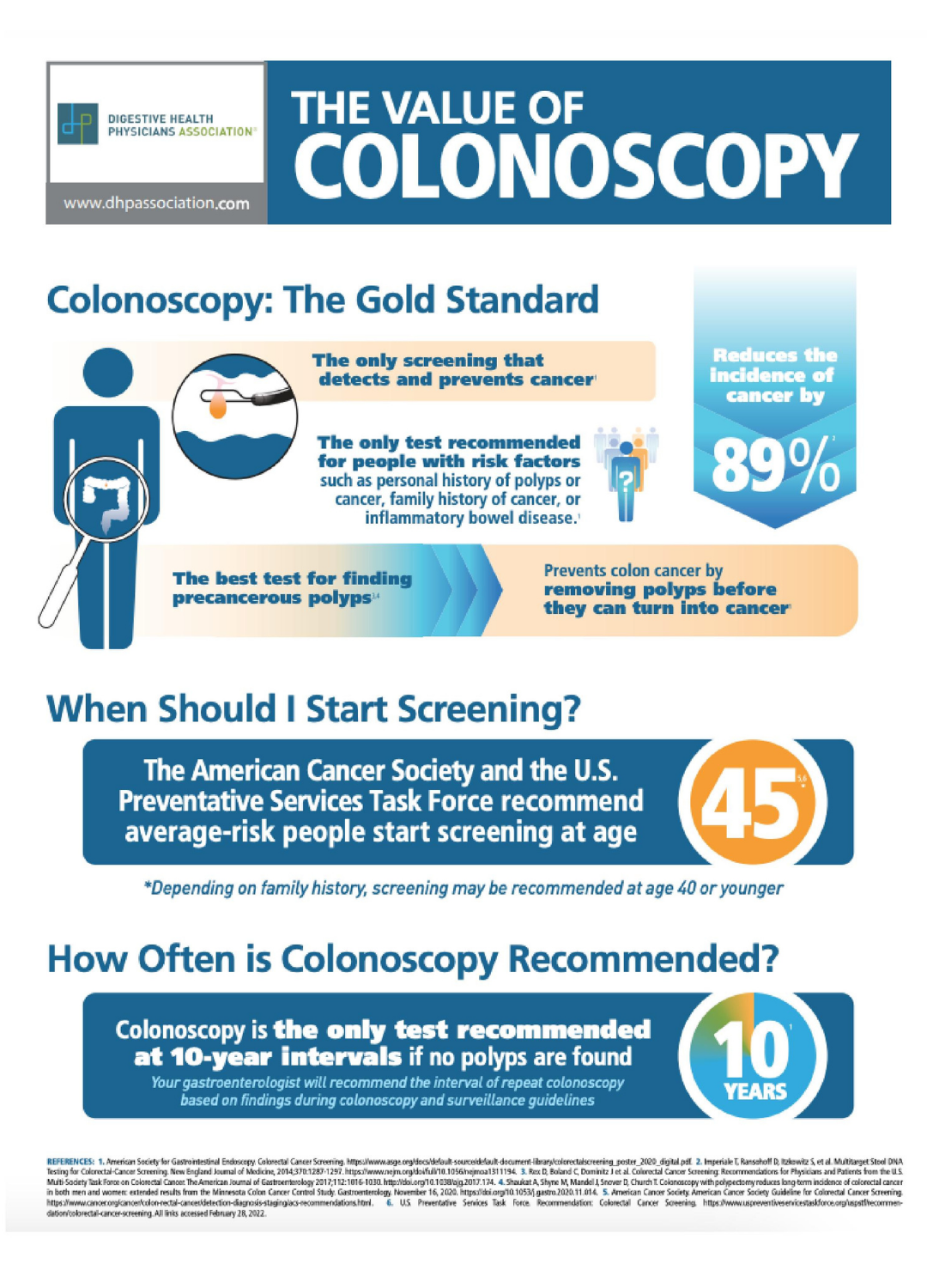
Gorgeous How Often To Get A Colonoscopy Abstract for Mobile
This gorgeous how often to get a colonoscopy photo offers a breathtaking view, making it a perfect choice for your next wallpaper.

Exquisite How Often To Get A Colonoscopy Image Concept
This gorgeous how often to get a colonoscopy photo offers a breathtaking view, making it a perfect choice for your next wallpaper.

High-Quality How Often To Get A Colonoscopy Photo Photography
Discover an amazing how often to get a colonoscopy background image, ideal for personalizing your devices with vibrant colors and intricate designs.

Vibrant How Often To Get A Colonoscopy Landscape in 4K
Experience the crisp clarity of this stunning how often to get a colonoscopy image, available in high resolution for all your screens.

Vivid How Often To Get A Colonoscopy Landscape Collection
Transform your screen with this vivid how often to get a colonoscopy artwork, a true masterpiece of digital design.

Crisp How Often To Get A Colonoscopy Image Illustration
This gorgeous how often to get a colonoscopy photo offers a breathtaking view, making it a perfect choice for your next wallpaper.
Download these how often to get a colonoscopy wallpapers for free and use them on your desktop or mobile devices.
0 Response to "How Often To Get A Colonoscopy"
Post a Comment